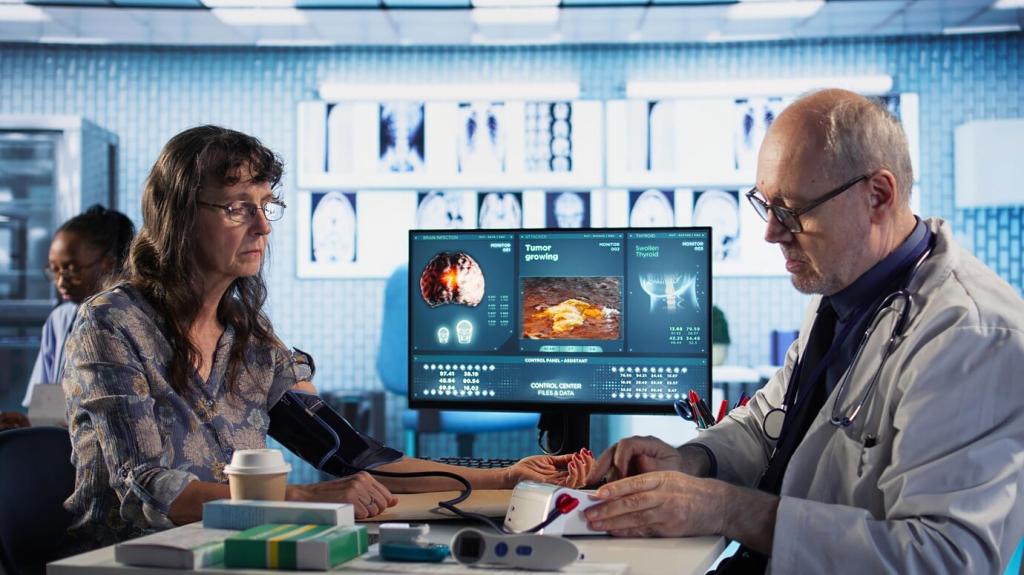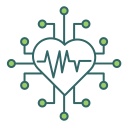The Future of AI-Powered Healthcare Solutions
The landscape of healthcare is undergoing a remarkable transformation fueled by breakthroughs in artificial intelligence. As AI technologies become increasingly advanced, their integration into healthcare systems is fundamentally reshaping patient care, diagnosis, treatment planning, and operational efficiency. The potential for AI to drive significant improvements is tremendous, as it automates intricate processes, analyzes vast datasets with precision, and supports healthcare professionals in making informed decisions. This evolution promises not only enhanced medical outcomes but also a reimagined experience for patients and providers alike, paving the way for a future where quality healthcare is more accessible, efficient, and personalized than ever before.

Genomic Data Integration

AI-Based Drug Discovery

